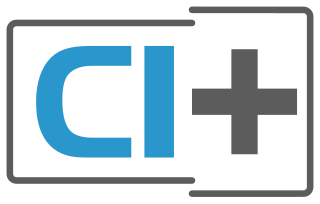Competitive Intelligence (CI) - Why its Critical for a Firm Success
Competitive intelligence (CI) is the process of gathering information about the firms competitors and using it to make informed decisions. It can help businesses understand their own strengths and weaknesses, by understaing their competitors strategies and their plans. This information can be then be used to make decisions about the firms own business, such as where to allocate resources and how to best position itself in the market.
Ways that companies perform CI:
- Hire CI firms to do the work for them, while others may have in-house teams that handle CI.
- Use public sources, such as news articles and financial reports, to gather information.
- Use private sources, such as customer surveys and data from market research firms.
- Use competitive intelligence tools, such as website analysis and social media monitoring, to gather data.
Regardless of how a firm performs CI, the goal is always the same: to gain insights into the strategies and plans of the company's competitors.
What to do once CI has been collected?
Once information is gathered, it must be analyzed in order to be useful. Companies may use various methods, such as SWOT analysis and Porter's Five Forces, to analyze the data. The goal is to identify the strengths and weaknesses of the competitor, as well as to understand their plans and strategies. This information can then be used to make better business decisions.
Benefits of Competitive CI:
There are many benefits of competitive intelligence. It can help companies:
- Better understand their industry, identify opportunities and threats, and make more informed decisions.
- Keep up with the latest trends and developments in their industry.
- Ultimately, competitive intelligence can give companies a competitive advantage.
How to Use CI?
Once you have gathered your competitive intelligence, it is important to know how to use it. You need to be able to analyze it and draw conclusions from it. This information can then be used to make strategic decisions about your business.
For example, if you know that your competitor is planning to launch a new product, you can use this information to decide whether or not to launch a competing product. If you think that they are likely to be successful, you may decide to wait and see how the market reacts to their product before launching your own. On the other hand, if you think that their product is not likely to be successful, you may decide to launch your own product before they do.
Summary:
Competitive intelligence can be a powerful tool for entrepreneurs. It can help you to make informed decisions about your business and give you an edge over your competition.

